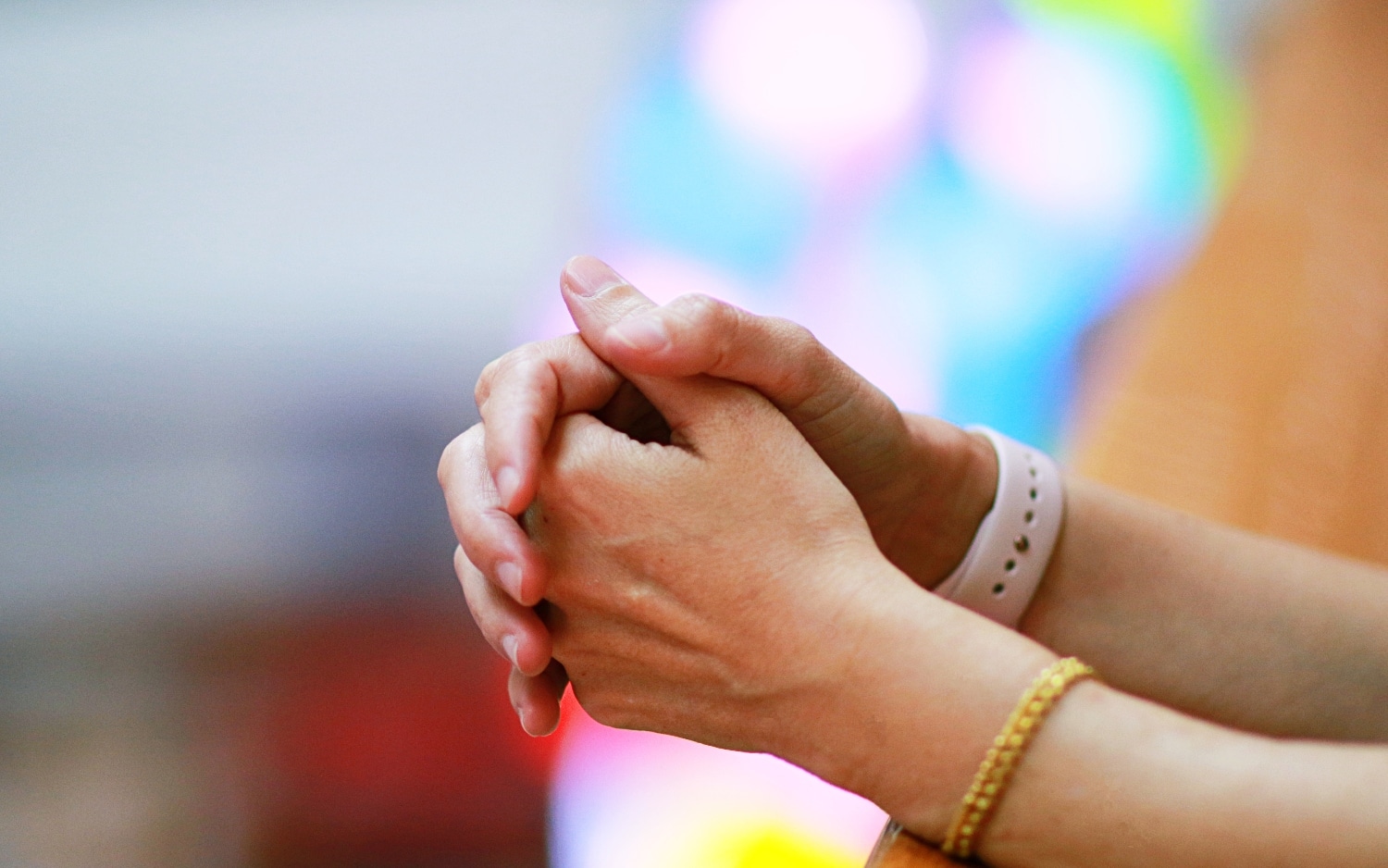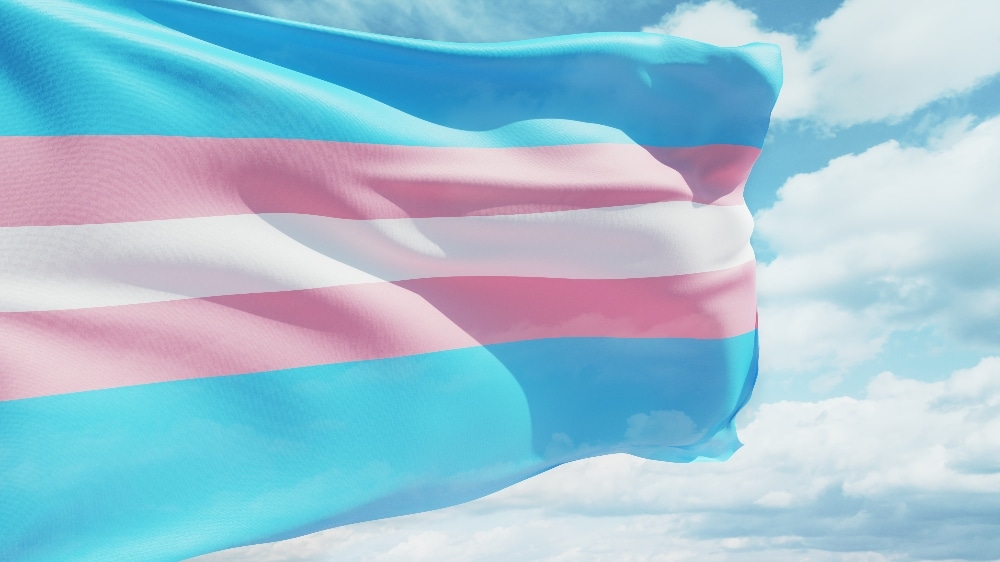Recovery from addiction encompasses far more than simply abstaining from substances. For many individuals in recovery, particularly those in the LGBTQ+ community, one of the most challenging yet crucial aspects of healing involves rebuilding healthy patterns around sex and intimacy in recovery. This journey requires patience, understanding, and often specialized professional guidance as individuals learn to navigate relationships and physical connections without the numbing effects of drugs or alcohol.
The intersection of addiction and intimate relationships is complex and deeply personal, with unique considerations for LGBTQ+ individuals. According to the CDC and National Institute on Drug Abuse (NIDA), 3 out of 4 people who experience addiction eventually recover, yet many struggle with the intimate aspects of their relationships long after achieving sobriety. For LGBTQ+ individuals, who face additional challenges related to minority stress, internalized stigma, and unique relationship dynamics, understanding how addiction affects sexuality and intimacy, and how to rebuild these connections in a healthy way, is essential for long-term recovery success.
How Addiction Impacts Sex and Intimacy in the LGBTQ+ Community
Addiction doesn’t exist in a vacuum, and for LGBTQ+ individuals, the intersection of substance use and sexuality can be particularly complex. It permeates every aspect of a person’s life, including their most intimate relationships, often intertwining with issues of identity, acceptance, and minority stress. For many LGBTQ+ people in active addiction, substances become deeply connected with sexual experiences, social acceptance, and coping mechanisms, creating intricate patterns that persist even after achieving sobriety.
Physical Effects on Sexual Health
Substance abuse takes a significant toll on sexual health and function. Many male alcoholics lose interest in sex since alcohol lowers testosterone levels. Also, liver damage causes oestrogen levels to increase, which can lead to the development of female traits such as loss of body hair and breast enlargement. These physical changes don’t immediately reverse upon achieving sobriety, often creating additional challenges in early recovery.
The nervous system damage caused by prolonged substance use can also affect sexual function. The nervous system is often damaged by alcohol, meaning that the nerves leading to and from the clitoris and penis are affected. Therefore, many male and female alcoholics can find it difficult to achieve orgasm. Fortunately, research shows that these physical effects often improve with time as the body heals.
Emotional and Psychological Barriers in LGBTQ+ Recovery
Beyond the physical impacts, addiction creates profound emotional barriers to intimacy, which can be amplified for LGBTQ+ individuals. Since substance use comes with isolation, secrecy, and social distancing, spouses in recovery have to start from ground zero when it comes to rebuilding their intimate relationship. For LGBTQ+ individuals, this isolation may be compounded by experiences of rejection, internalized homophobia, or having used substances to cope with minority stress.
Many LGBTQ+ individuals discover they have little experience with genuine emotional intimacy outside of substance use contexts, having relied on drugs or alcohol to facilitate connection, reduce social anxiety, or numb uncomfortable feelings related to their sexual or gender identity. This is particularly relevant given that substances are often used within LGBTQ+ communities to enhance sexual experiences or reduce inhibitions in social settings.
Trust issues often emerge as a significant challenge. A partner of a recovering alcoholic may find it difficult to become intimate again because they are harbouring resentment. While the person in recovery may have been unaware of many of his or her actions while under the influence of alcohol, their partner will have been fully aware of everything. This creates a complex dynamic where both partners must work to rebuild trust and emotional connection, which may be further complicated by the unique stressors faced by LGBTQ+ couples.
The Connection Between Sex Addiction and Substance Abuse in LGBTQ+ Communities
For some individuals, particularly within LGBTQ+ communities, the relationship between addiction and sexuality is even more complex. Studies examining compulsive sexual behavior in clinical samples show that the majority of treatment-seeking individuals are male, with primary onset during late adolescence, and research published in the Journal of Behavioral Addictions indicates that LGBQ populations may experience higher rates of compulsive sexual behaviors due to minority stress. This increased prevalence is often linked to minority stress, social stigma, and the use of substances to cope with discrimination or internalized shame.
The intersection of substance use and sexual behavior is particularly pronounced in certain segments of the LGBTQ+ community. Research published in the Journal of Sex Research found that sexual compulsivity was present among gay and bisexual men and lesbian and bisexual women, with rates that may be higher than in the general population. Cultural factors, including the prevalence of hookup apps and environments where substances and sex intersect, can compound these challenges.
Academic research reveals that individuals with compulsive sexual behavior frequently have co-occurring mental health conditions, particularly mood disorders. This dual diagnosis creates additional challenges in recovery, as LGBTQ+ individuals must address both their substance use and their compulsive sexual behaviors while also navigating issues related to sexual and gender identity.
The neurobiological connection between substance use and sexual behavior is well-documented in scientific literature. Both activities affect dopamine pathways in the brain, which explains why many LGBTQ+ people in early recovery from substance abuse may find themselves struggling with unhealthy sexual behaviors as a form of cross-addiction, particularly when substances were previously used to facilitate sexual encounters or reduce social anxiety.
Chemsex and Party Culture in LGBTQ+ Communities
A particular concern within LGBTQ+ communities is the phenomenon of “chemsex” or “party and play” (PnP), where substances are used specifically to enhance sexual experiences. This practice can create particularly strong associations between drug use and sexual activity, making recovery more challenging. The intersection of substance use and sexual behavior in these contexts can lead to increased risk-taking, potential exposure to HIV and other STIs, and complex patterns of addiction that intertwine substance use with sexual identity and community belonging.
Understanding these unique challenges is crucial for effective treatment and recovery support for LGBTQ+ individuals, as traditional addiction treatment approaches may not adequately address the specific ways that substance use and sexuality intersect within these communities.
LGBTQ+-Affirming Approaches to Healthy Sex and Intimacy in Recovery
Rebuilding healthy intimate relationships in recovery requires patience, communication, and often professional guidance that understands the unique experiences of LGBTQ+ individuals. Here are evidence-based strategies that can help, with specific considerations for sexual and gender minorities:
Take Time to Heal
Many experts recommend a period of sexual abstinence in early recovery. This time allows individuals to focus on their recovery without the complications that intimate relationships can bring to early sobriety.
Clinical research indicates that in the first few months following treatment, when recovery is at its most vulnerable, relationships often become the primary focus, potentially taking precedence over recovery and personal healing. This shift in focus can jeopardize the foundation of recovery that individuals are still building.
Address Minority Stress and Internalized Stigma
For LGBTQ+ individuals, recovery must address not only substance use but also the underlying minority stress that may have contributed to addiction. This includes working through internalized homophobia, transphobia, or other forms of self-stigma that can impact intimate relationships. LGBTQ+-affirming therapy can help individuals:
- Process experiences of discrimination or rejection
- Develop a positive sense of sexual and gender identity
- Learn to separate authentic intimacy from substances
- Build self-esteem and self-acceptance
- Navigate family and community relationships in recovery
Address Underlying Trauma and Minority Stress
Many LGBTQ+ individuals in recovery have histories of trauma that affect their ability to form healthy intimate relationships, including experiences of discrimination, family rejection, or violence related to their sexual or gender identity. Psychodynamic theory postulates that excessive sexual behaviors is an attempt to recover from adverse early childhood experiences. Unhealthy attachment patterns and deficits in affect regulation have also been identified as risk factors predisposing the individual for dysregulated sexual behaviors.
For LGBTQ+ individuals, these adverse experiences may include:
- Family rejection or abandonment due to sexual or gender identity
- Religious or cultural trauma related to LGBTQ+ identity
- Experiences of bullying, harassment, or violence
- Medical or mental health discrimination
- Internalized shame about sexual or gender identity
Professional therapy that is both trauma-informed and LGBTQ+-affirming can help individuals address these underlying issues and develop healthier patterns of relating to others.
The Benefits of Sober Sex and Intimacy for LGBTQ+ Individuals
While the challenges of rebuilding intimacy in recovery are significant, particularly for LGBTQ+ individuals who may face additional societal stressors, the benefits of healthy sober sexuality are profound.
For LGBTQ+ individuals, sober intimacy offers unique opportunities to:
- Explore authentic sexual and gender expression without substances
- Build connections based on genuine attraction and compatibility
- Develop intimacy skills that enhance overall relationship quality
- Address and heal from minority stress in the context of loving relationships
- Model healthy relationships within LGBTQ+ communities
Enhanced Identity Integration and Authenticity
For LGBTQ+ individuals, sobriety offers an opportunity to integrate sexual and gender identity in healthy ways.
Without substances masking authentic feelings or desires, LGBTQ+ individuals can:
- Explore their sexuality and gender expression more authentically
- Communicate boundaries and preferences more clearly
- Experience intimacy without the interference of internalized shame or stigma
- Build self-acceptance and confidence in their identity
Without substances clouding judgment or numbing sensations, individuals can experience intimacy in a more genuine and connected way, free from the need to self-medicate against minority stress or internalized shame.
Improved Communication and Community Connection
Better communication with romantic and/or sexual partners naturally emerges as LGBTQ+ individuals learn to express their needs and boundaries clearly. This improved communication extends beyond the bedroom, strengthening overall relationship foundations and connections within LGBTQ+ communities.
In recovery, LGBTQ+ individuals often find that their improved communication skills help them:
- Navigate complex family relationships and coming out processes
- Build stronger connections within chosen family and community
- Advocate for their needs in healthcare and other settings
- Develop mentoring relationships with other LGBTQ+ individuals in recovery
LGBTQ+-Affirming Professional Support and Treatment Options
Given the complexity of addressing sex and intimacy in recovery for LGBTQ+ individuals, professional support that is both addiction-informed and LGBTQ+-affirming is often essential.
LGBTQ+-Affirming Therapy Approaches
Several therapeutic approaches have shown effectiveness in addressing intimacy issues in recovery for LGBTQ+ individuals:
- LGBTQ+-Affirming Couples Therapy: Helps partners communicate effectively and rebuild trust while addressing minority stress and discrimination
- Individual Therapy with LGBTQ+ Competency: Addresses personal trauma, minority stress, internalized stigma, and attachment issues
- Sex Therapy with LGBTQ+ Training: Specifically focuses on sexual health and function within the context of sexual and gender minority experiences
- Group Therapy for LGBTQ+ Individuals: Provides peer support, reduces isolation, and addresses community-specific challenges
- Trauma-Informed Care: Addresses the intersection of addiction, sexuality, and trauma, including minority stress and discrimination
Setting Boundaries and Managing Triggers in LGBTQ+ Recovery
Establishing healthy boundaries is crucial for maintaining both sobriety and healthy intimate relationships, particularly for LGBTQ+ individuals who may face unique triggers and challenges.
For LGBTQ+ individuals, boundary setting may also involve:
- Navigating substance use in LGBTQ+ social spaces and events
- Managing exposure to chemsex culture or party scenes
- Setting boundaries with family members who may not be supportive
- Addressing internalized shame or stigma that may influence decision-making
- Creating safety plans for managing discrimination or minority stress without substances
Recognizing LGBTQ+-Specific Triggers
Sexual activity can sometimes trigger cravings or memories associated with substance use. It’s important to be aware of these triggers and have a plan to cope with them. For LGBTQ+ individuals, triggers might include:
Environmental Triggers:
- LGBTQ+ bars, clubs, or social venues where substances were commonly used
- Pride events or other community gatherings associated with drinking or drug use
- Dating or hookup apps that were previously used while under the influence
- Certain neighborhoods or locations associated with past substance use
Emotional and Social Triggers:
- Experiences of discrimination, rejection, or microaggressions
- Family conflicts or rejection related to sexual or gender identity
- Internalized shame or negative self-talk about LGBTQ+ identity
- Social isolation or lack of community support
- Relationship conflicts that trigger minority stress responses
Identity-Related Triggers:
- Milestones in coming out or gender transition processes
- Medical appointments related to sexual or gender identity
- Exposure to anti-LGBTQ+ rhetoric or legislation
- Intersectional stressors (race, religion, socioeconomic status combined with LGBTQ+ identity)
Long-Term Success and Maintenance for LGBTQ+ Individuals
Long-term success in rebuilding healthy intimacy requires ongoing attention and commitment, with special considerations for LGBTQ+ individuals who may face ongoing minority stress. According to the National Survey on Drug Use and Health, recovery outcomes vary significantly based on individual circumstances and support systems.
For LGBTQ+ individuals, long-term success may involve:
- Developing ongoing strategies for managing minority stress without substances
- Building and maintaining supportive LGBTQ+ community connections
- Continuing to work on internalized stigma and shame
- Advocating for LGBTQ+-affirming care in all healthcare settings
- Mentoring other LGBTQ+ individuals in early recovery
- Celebrating both recovery milestones and LGBTQ+ pride and authenticity
Moving Forward: A Life-Long Journey for LGBTQ+ Individuals
Rebuilding sex and intimacy in recovery is not a destination but a journey, particularly for LGBTQ+ individuals who may be navigating multiple aspects of identity and healing simultaneously.
For LGBTQ+ individuals, this journey may involve:
- Integrating sexual and gender identity with recovery in healthy, authentic ways
- Building relationships that affirm both recovery and LGBTQ+ identity
- Contributing to more inclusive recovery communities and treatment approaches
- Advocating for better understanding of the intersection of addiction and LGBTQ+ experiences
- Modeling healthy relationships within LGBTQ+ communities
The path to healthy sexuality in recovery may be challenging, but it’s far from impossible. With proper LGBTQ+-affirming support, patience, and commitment to healing, individuals and couples can build intimate relationships that are deeper, more meaningful, and more satisfying than ever before, relationships that honor both their recovery and their authentic identity.
Remember that seeking professional help is not a sign of weakness but a sign of commitment to your recovery, your relationships, and your authentic self. Whether through individual therapy, couples counseling, or LGBTQ+-affirming support groups, help is available for those ready to rebuild their intimate lives in recovery while honoring all aspects of their identity.

Mell McCracken, CADC-II, ASAT, RAE
Mell McCracken is the Executive Director of No Matter What Recovery, serving as the leader of the clinical treatment program and overseeing our sexualized drug use curriculum.
Mell is nationally and internationally recognized as an LGBT+ educator, co-author, and treatment provider. They also serve as faculty member at the International Institute of Trauma and Addiction Specialists. They are committed to uplifting voices and breaking stigmas, one conversation at a time, and have spent their career fighting for inclusivity and empowerment through chemsex education and LGBT+ activism.







